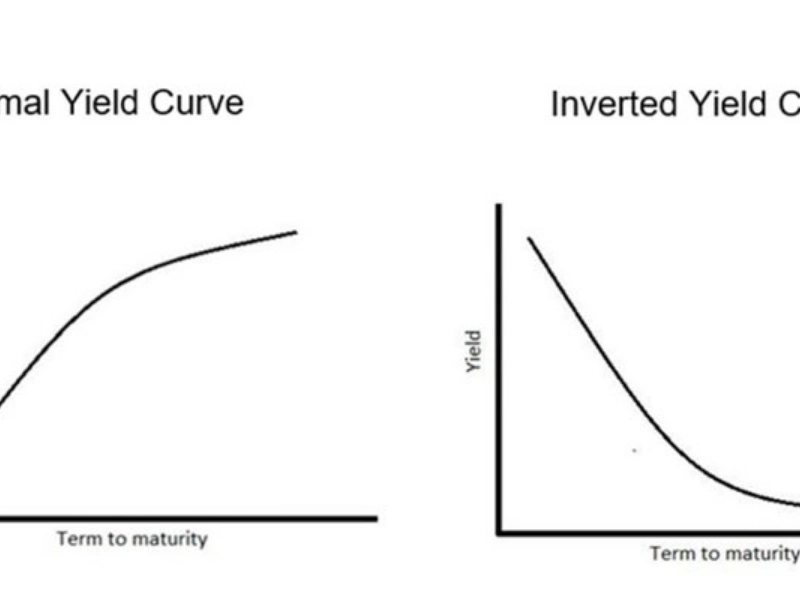Federal Income Tax Community Property Rules
Nine states have rules governing the division of property and income between married spouses. These are the states: Arizona, California, Idaho, Louisiana, Nevada, New Mexico, Texas, Washington, and Wisconsin. This new legislation significantly impacts people's tax status. You live in one of these states; what does that entail for your tax situation? To put it another way, it implies that when you report your income and determine your federal tax due, you must adhere to a specific set of tax regulations.
What Is a Community's Income and Property?
If you reside in a state where community property is the law, each spouse has an equal but separate half stake in the entire income and property of the marriage. Couples in a community property state must split their total income and property equally for their respective tax returns if they want to file separately. When it comes to assessing whether a source of income or property is communal or separate, federal tax regulations usually follow state laws.
How to Prepare and Submit Local Income Taxes

What Makes Community Property Strategic?
Filing as an individual rather than a married couple may minimize your federal tax bill. Consider, for example, a married couple with a yearly income of $50,000. Neither partner makes more than $10,000 a year. The itemized medical cost deduction threshold for most taxpayers is 10% of your adjusted gross income (AGI). 2 It is possible to deduct any medical expenses that exceed $2,500 for a spouse with an AGI of $25,000 who files a separate return for that year.
Do Community Property Rules Have to Be Used?
 Community property regulations should be followed by married couples with at least one spouse living in a community property state. In some cases, you may be able to override the community property rules or utilize a different set of rules.
For example, if one spouse fails to disclose their income's nature and quantity to the other, the community property laws may be overridden. The regulations governing community property can sometimes be relaxed for married couples who live apart for the entire year.
Community property regulations should be followed by married couples with at least one spouse living in a community property state. In some cases, you may be able to override the community property rules or utilize a different set of rules.
For example, if one spouse fails to disclose their income's nature and quantity to the other, the community property laws may be overridden. The regulations governing community property can sometimes be relaxed for married couples who live apart for the entire year.
State-by-State Community Property Tax Information
He's not talking to community property states when he says marriage isn't a 50/50 arrangement. Community property laws view marriage as a partnership in which both spouses share equally in the income and assets they obtain following the wedding. As a result, the federal income tax returns of married couples in nine states — including Wisconsin and Washington — are affected by state laws governing community property. Carla R. Dentartigh, a CPA in Racine, Wisconsin, says that community property couples have more to consider.
Know your state's laws
The laws of your state determine whether or not you and your spouse's assets and income can be treated as separate for tax reasons. When you file as a married couple, you report all of your combined income. Your state's definition of "separate and community property" must be followed when filing for divorce. Not saying, "That's not my money" will only get you in trouble with the law, says Dentartigh. Some states regard dividends on stock owned before the marriage to be distinct income that is only reported on the return of the stock owner. Income earned by both spouses is considered equal in Wisconsin, Louisiana, Idaho, and Texas.
Keeping track of payments and transactions
All supporting paperwork for a joint tax return should be carefully scrutinized. When a spouse claims a deduction for half the mortgage interest on a jointly owned house, they get into difficulties when the Internal Revenue Service cannot match it with the 1098 mortgage interest statement issued by the mortgage company, as Dentartigh explains. As far as she is concerned, "whose Social Security number is tied to the asset matters."
Calculate your taxes both ways.
The IRS should examine joint and separate tax filing options for married couples in community property jurisdictions to discover which option saves them the most money (TurboTax will do this for you). As a married couple, you may be able to claim tax credits if you file a joint return. Your position and how your itemized deductions stack up against the standard deduction determine whether you should file separately or not, according to Dentartigh. Separate returns are required for couples who live in a community property state, and each must disclose half of their spouse's earnings and half of the wages earned by communal assets.
Estate planning protects your spouse
It is possible to avoid capital gains taxes when selling jointly owned property inherited from the deceased spouse through estate planning in community property states. Couples in jurisdictions with community property laws have the opportunity to merge their assets into a single community asset through a legally binding agreement. With the right of survivorship, these agreements might identify the owner as "community property" or "joint tenants with rights to survival." Surviving spouses in Arizona, California, Nevada, Texas, and Wisconsin can avoid probate by creating a survivorship agreement.









